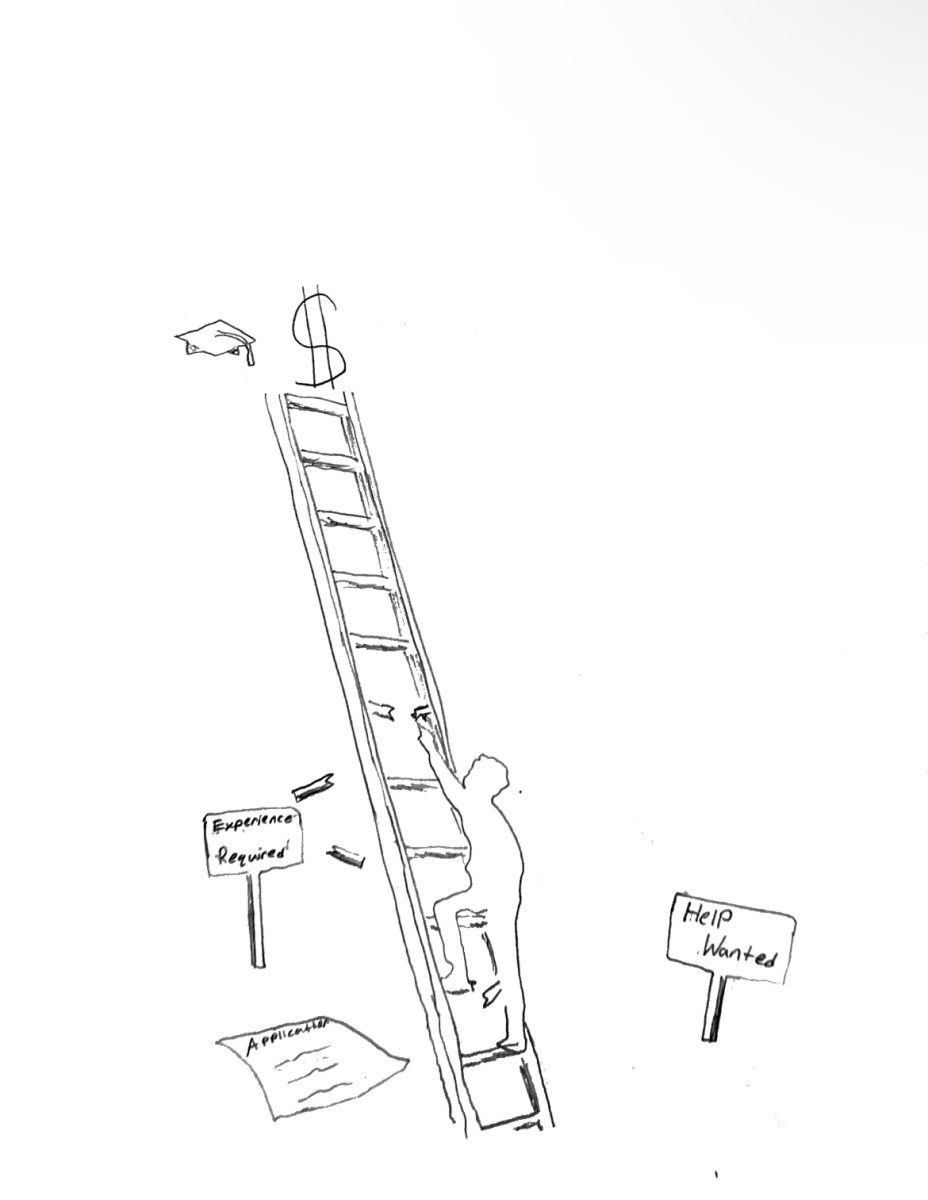In elementary school, my class received a tour of the three different bins at lunchtime. The trash, the recycling and, of course, the smelly green one — the compost. Though we were told which items go where and reminded by the plastic labels accompanying each bin, we were never taught the environmental repercussions of where our elementary school lunch would end up.
Among students, the trash bin is treated as the default, with little emphasis on composting. A December 2022 Bark survey corroborates this, reporting that 34 percent of Redwood students view composting as only somewhat important, with 11 percent viewing it as not important at all. This mindset towards composting has led to approximately one-third of a landfill’s contents to be compostable material, according to CalRecycle. While many teenagers might not give the surplus of food waste much consideration, the environment pays a hefty price.

The impact of food waste is demonstrated through how it decomposes. When food decomposes as compost, there is sufficient oxygen to allow for it to decompose aerobically, with minimal environmental effects. When it decomposes in a landfill, with inadequate oxygen, it takes much longer to break down and releases methane into the atmosphere as a byproduct.
Advanced Placement Environmental Science teacher, Mitch Cohen, explains the process of food wasting away in landfills.
“One of the byproducts of that anaerobic decomposition in landfills [is] methane gas. Methane gas is a potent greenhouse gas that is more efficient at trapping heat than carbon dioxide. So in terms of climate change, it really has a double [effect],” Cohen said.
Methane is more than 72 times more potent than carbon dioxide. According to the University of California, San Francisco (UCSF), if all Americans composted, the effect would be equal to taking 7.8 million cars off the road. However, while effective, composting is only one solution to a much larger problem: food waste.
“I think that if we really want to solve the problem, we just need to reduce the amount of food waste,” Cohen said. “The key is to figure out ways to reduce food waste, and that’s step one. Then, step two is composting any kind of organic matter that [one] might have, [including] food [and] yard waste. But really, we need to address the amount of food wasted.”
A significant contributing factor to food waste is food being discarded prematurely. According to the Guardian, $218 billion worth of food is wasted every year in the United States, with 90 percent of that food being tossed prematurely. Primarily, this is due to confusion on expiration dates.
“Expiration dates are somewhat arbitrary. You might see something on a package of food that says it’s expired and a lot of people, even more so in Marin, [are] like, ‘Oh, well, the dates up. I’m just gonna throw this away.’ [While in] reality, that food might be perfectly good,” Cohen said.
Composting isn’t always easy, especially when there aren’t proper systems, such as at Redwood. However, that shouldn’t stop teenagers from taking action against the consequences of food waste that plague America. Frequently, I see students throwing away a large number of leftovers when they could have saved them for later or initially reduced their portion size. Forms of mitigation may differ depending on the person, but, whether it’s packing or buying less food, looking past the expiration date on food labels or implementing compost in your home, everyone has the potential to waste less.







